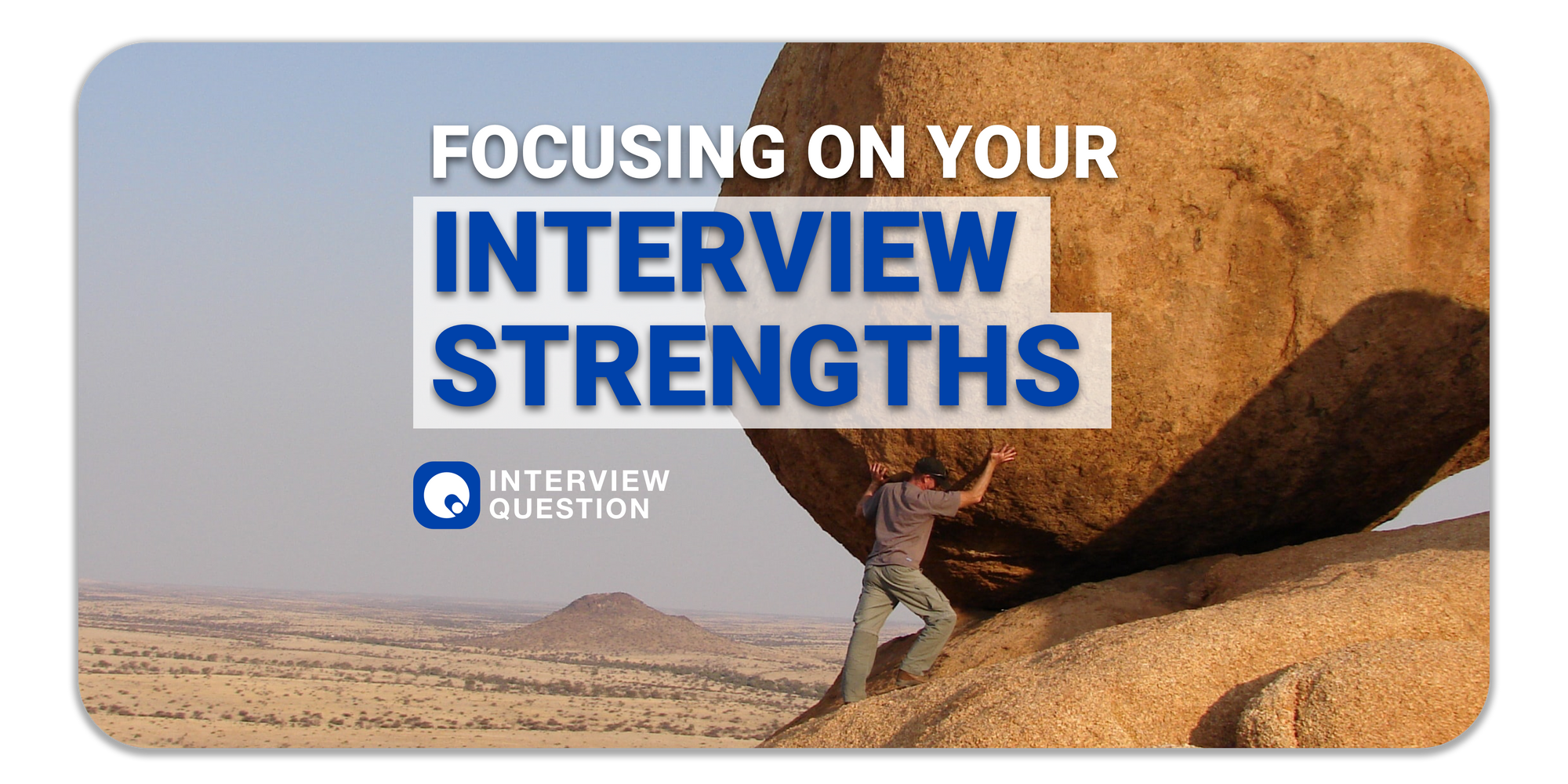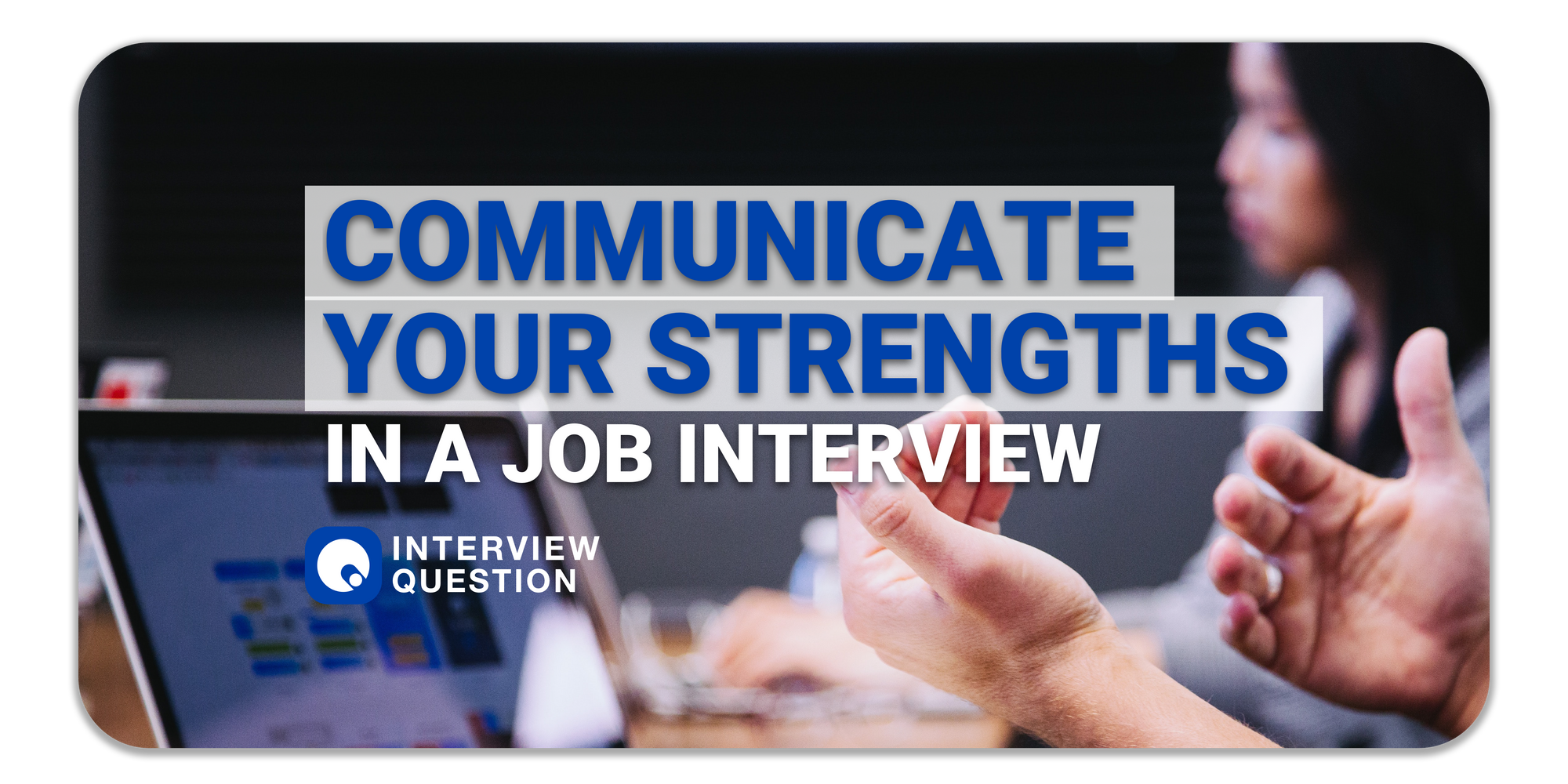What to shut up about and not say in an exit interview
Don't badmouth your former colleagues or the company itself | Don't talk about salary or benefits during an exit interview. | Be careful when discussing projects that failed or didn't go as planned in an exit interview | Vent pent-up frustrations or grievances
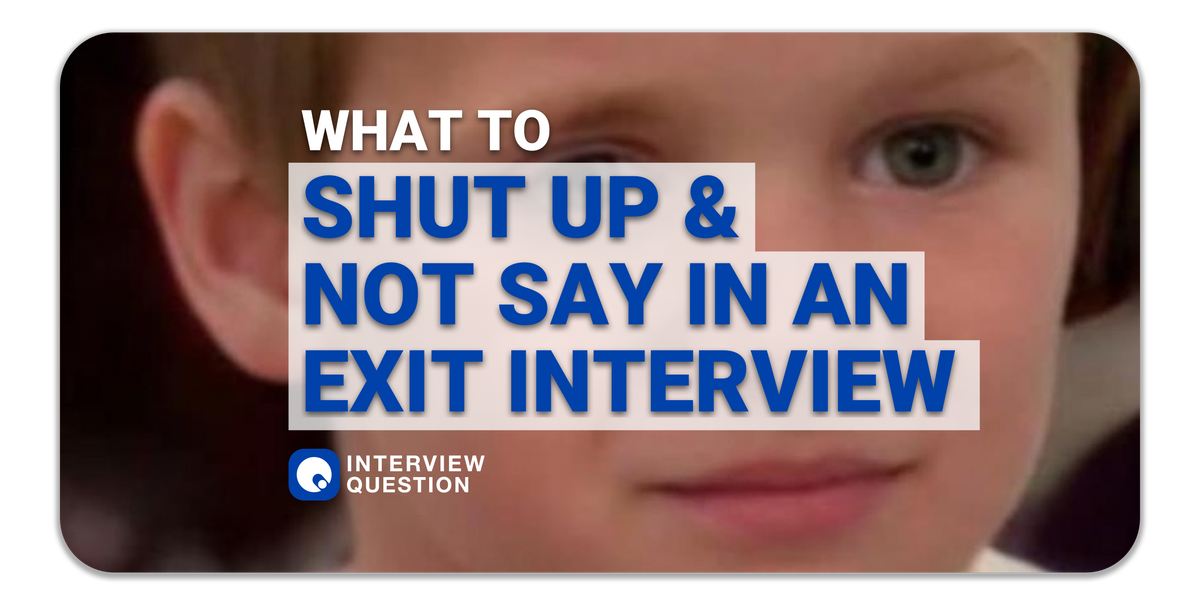
It's your last day at work. You've been there for years, and you're finally moving on to something new.
But before you leave, your boss wants to have an exit interview with you. This can be a daunting prospect - after all, what do you really want to say about your time at the company? And more importantly, what should you keep quiet about?
Don't badmouth your former colleagues or the company itself
It might feel good in the moment, but it will only make you look bitter and unprofessional. If you have constructive criticism, present it in a positive way.
If you are asked about your former colleagues or the company itself, avoid speaking negatively. This will reflect poorly on you and could damage future relationships. If you must say something negative, frame it in a positive light or keep it neutral. For example, "I didn't always see eye to eye with my previous boss but we were able to work together effectively" or "The company was going through some changes while I was there which made it challenging at times."
Badmouthing stains you professionally because it shows that you are not able to move on from your past experiences and learn from them. If you have negative things to say, keep them to yourself or only share them with close friends or family who will understand.
Don't talk about salary or benefits during an exit interview.
Exit interviews are not the time to discuss salary or benefits. (The correct time to talk about compensation is during the final stages of a job interview and during performance reviews - maybe that's why you struggle at your role in the first place.)
The focus of an exit interview should be on understanding the employees' experiences and perspectives. Asking about salary or benefits will only serve to make the employee uncomfortable and less likely to provide honest feedback.
Moreover, the focus of the exit interview should be on understanding why the employee is leaving and what could be done to improve retention rates. Asking about salary and benefits will only serve as a distraction from these objectives.
Talking about salary or benefits during an exit interview can create awkwardness or tension between the employer and employee.
It can also lead to false expectations if the departing employee believes they are owed more than what is actually due to them. For these reasons, it is best to avoid discussing salary or benefits during an exit interview and instead focus on other aspects of the job or company.
While it is important to be honest during an exit interview, discussing salary or benefits can also lead to legal complications. For example, if an employee mentions that they are leaving because they were offered a higher salary elsewhere, the employer could potentially sue for breach of contract.
Additionally, discussing benefits could also lead to problems; for instance, if an employee mention that they are leaving because their new company offers better health insurance, the old company might retaliate by cancelling the departing employees' health insurance.
In short, it is best to avoid talking about salary and benefits during an exit interview.
Be careful when discussing projects that failed or didn't go as planned in an exit interview
Again, this is not a chance to point fingers or assign blame - focus on lessons learned and how things could have been done differently next time around. When discussing projects that failed or didn't go as planned in an exit interview, it is important to be honest about what went wrong and why. However, it is also important to avoid placing blame on others or sounding like you are making excuses. Instead, focus on what you learned from the experience and how you would do things differently next time.
Some projects and mostly all activities you did while you worked for the company is confidential information. Such information shouldn't be shared outside of the company or with other departments who are not privy to the knowledge.
Similarly as you apply for jobs outside (after quitting or being fired), do not disclose confidential information through interviews or write it in your job application.
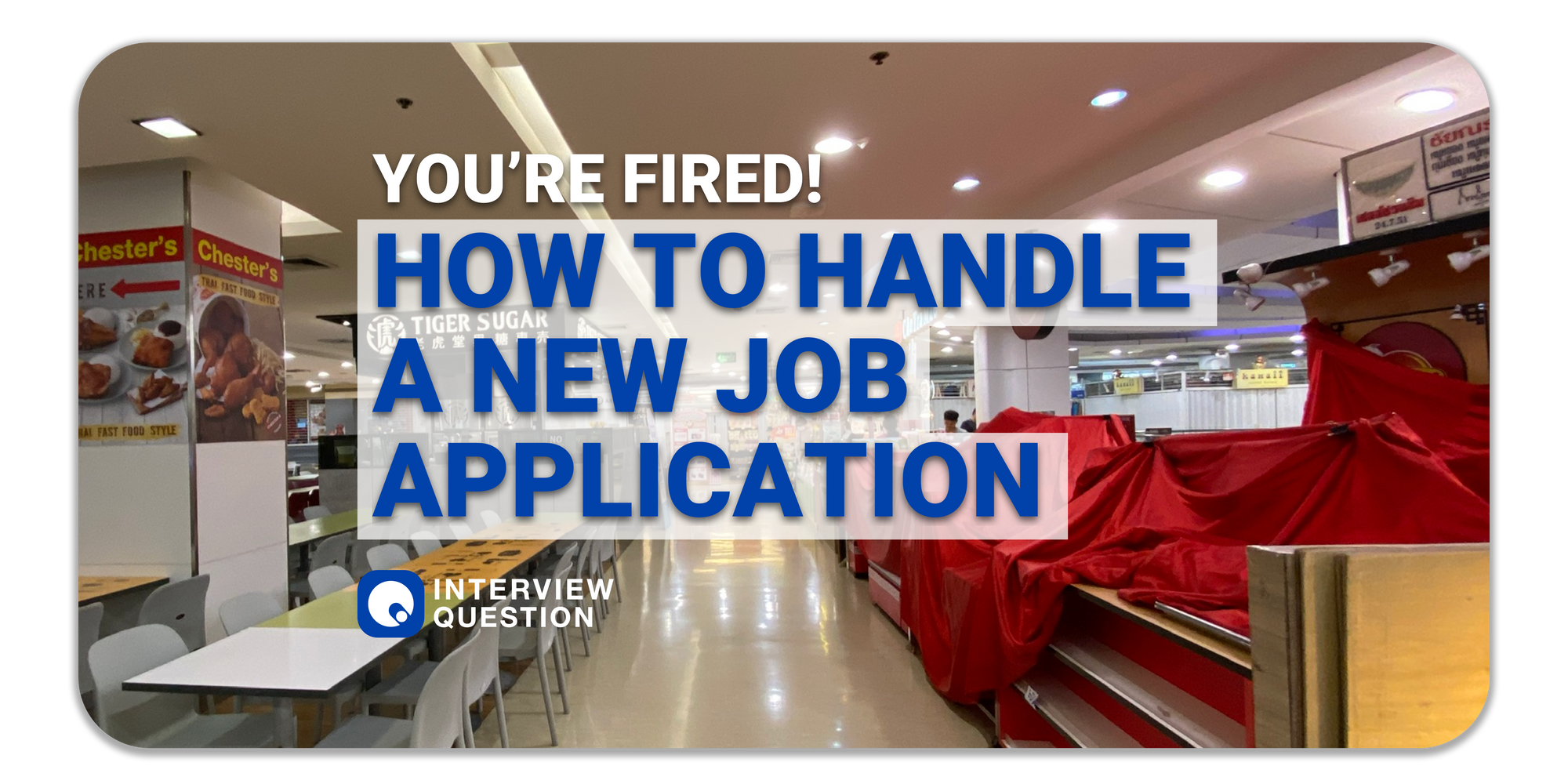
Finally, don't use the exit interview as an opportunity to vent pent-up frustrations or grievances
When you are exiting a company, it is important to maintain a positive relationship with your former employer. This will make it easier for you to get future references and recommendations.
The exit interview is not the time to vent pent-up frustrations or grievances. If you do so, it will only damage your relationship with your former employer. If you use the exit interview as an opportunity to vent, you may end up saying things that could be used against you in a future legal case or that could damage your professional reputation. This will only reflect poorly on you and could damage future references from your former employer.
Moreover, if there were serious issues, they will already be aware of them. Otherwise, airing your grievances will only make you look petty. This can ruin your personal branding and professional image.
Act professionally, sit straight and put on a fake smile as you sit through the process of the exit interview. All these won't last long, you will be leaving soon.
Conclusion
When you're leaving a job, it's important to be tactful. There are certain things you should avoid saying in an exit interview, no matter how tempting it may be. Don't mention any personal problems you had at the job. These are best kept private and stick to the key point of an exit interview which is to allow your employer to get some feedback from you.
Articles which are related, and could interest you
Below are 3 categories of articles for your quick consideration.
Since you've recently quit, make sure you are serving your notice period to fulfil your remaining contractual obligation:
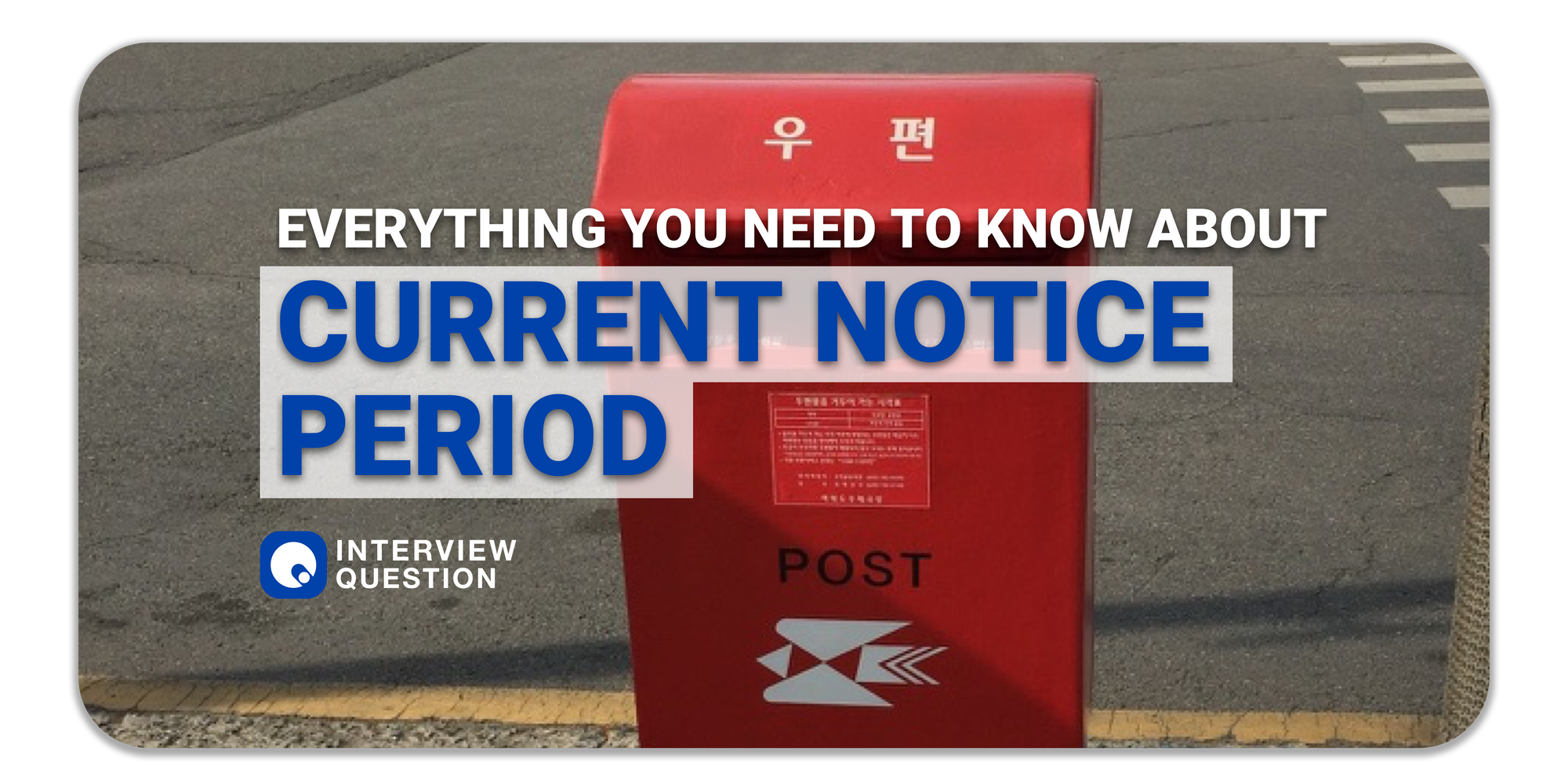
Prepare for your next job hunt by reviewing the most commonly asked questions in interviews, now that your exit interview is done and dusted.
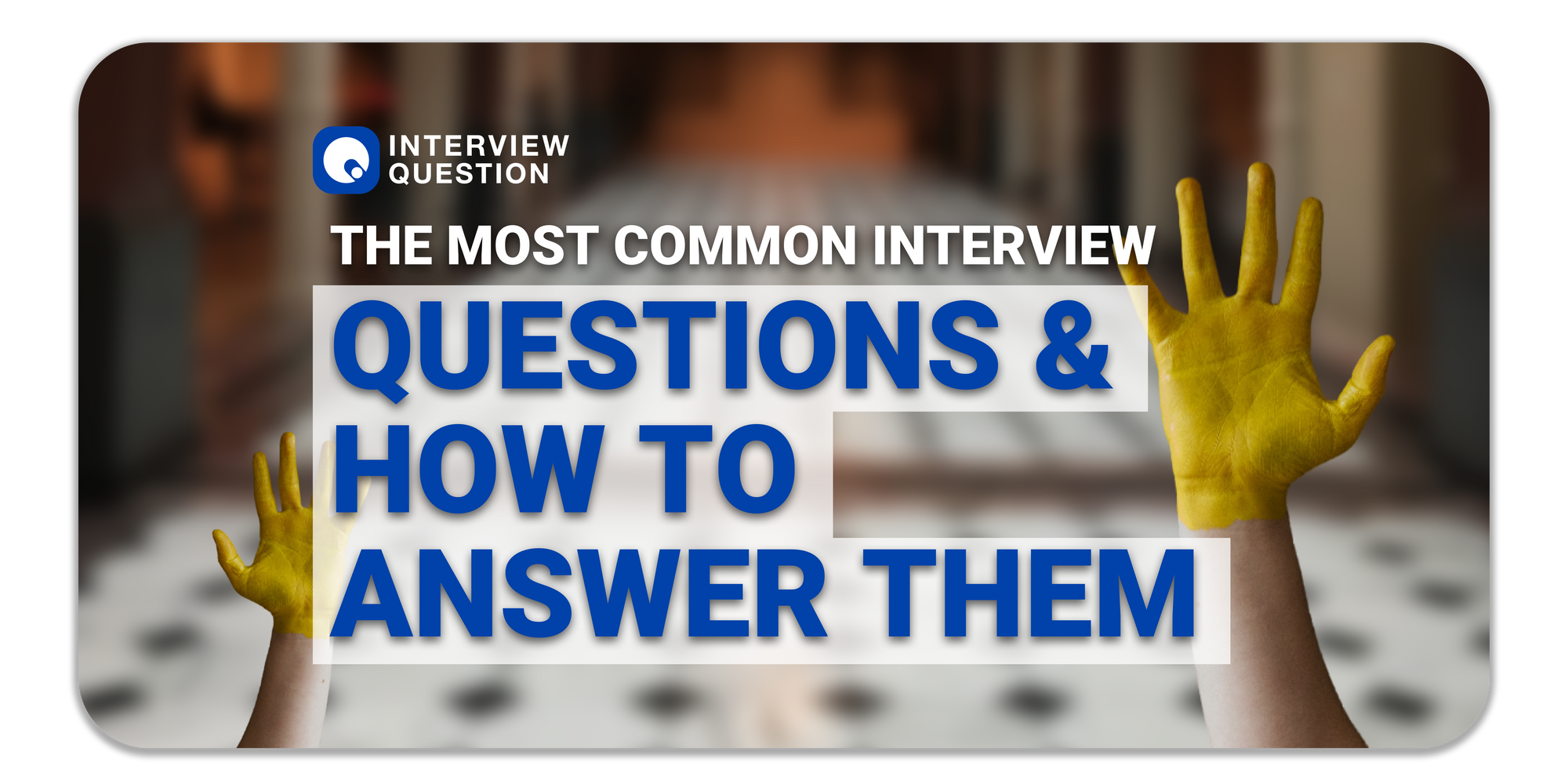
And start training, practicing and rehearsing on the most popular strengths (and weakness) question which will inevitably be asked in nearly every job interview.
